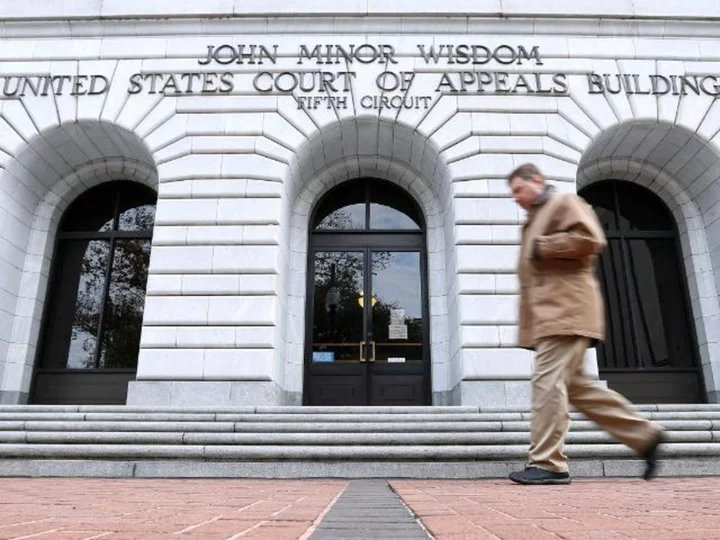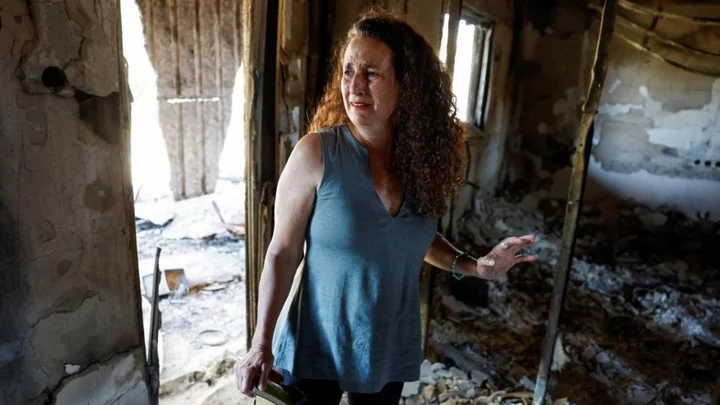By Brendan Pierson
Teva Pharmaceutical Industries Ltd has agreed to pay up to $126 million to U.S. hospitals over 18 years to settle claims that its marketing of opioid drugs raised the hospitals' operating costs.
As part of the proposed settlement, disclosed in Teva's quarterly earnings statement Wednesday, the Israel-based drugmaker also agreed to supply $49 million of the anti-overdose drug naloxone.
Teva said it had been sued by about 500 U.S. hospitals and other health care providers over opioids, and that the settlement would only be finalized if the company was satisfied that enough hospitals agreed to take part.
Teva did not say which hospitals were involved in the proposed settlement, and a spokesperson for the company did not immediately respond to a request for comment. A lawyer representing hospitals in mass tort litigation over opioids in Ohio federal court could not immediately be reached for comment.
Litigation against drugmakers, pharmacies and distributors over opioids, mostly brought by state, local and Native American tribal governments, has already resulted in more than $50 billion in total settlements, including a $4.35 billion settlement Teva reached last year.
The lawsuits claim that drugmakers downplayed the drugs' risks and that distributors and pharmacies failed to prevent them from being diverted onto the illegal market.
Teva sells the brand-name fentanyl-based drug Fentora, used to treat breakthrough cancer pain, and previously made a similar drug called Actiq. It also makes generic opioid drugs.
More than 564,000 people died from opioid overdoses in the United States in the period from 1999 to 2020, and overdose deaths have risen further since then, according to data from the U.S. Centers for Disease Control and Prevention.
(Reporting by Brendan Pierson in New York; Editing by David Gregorio)









